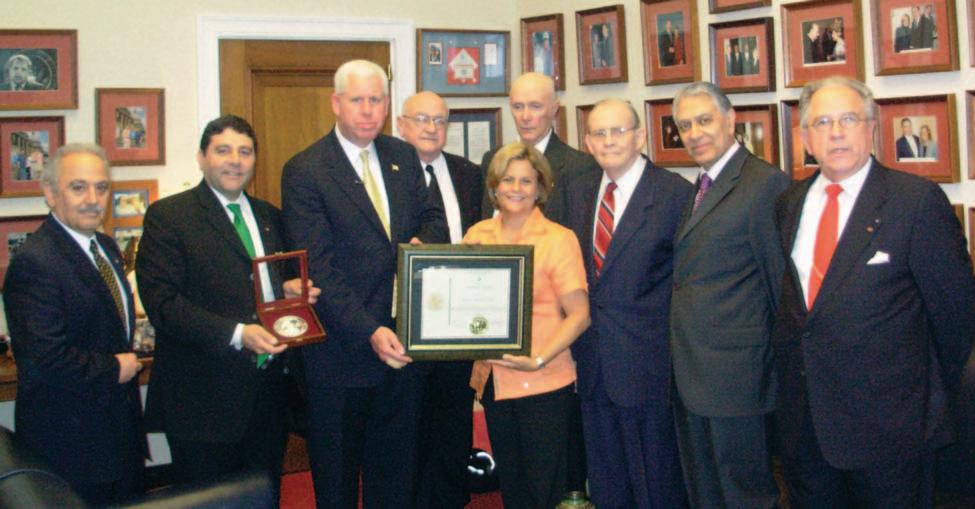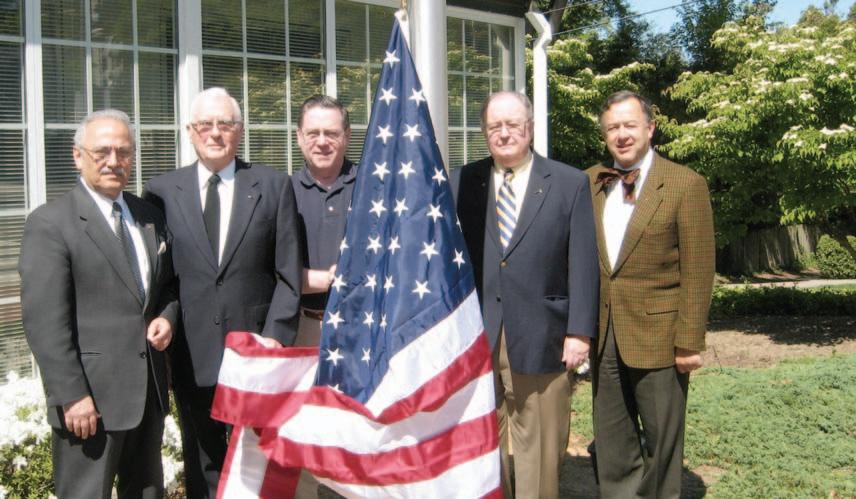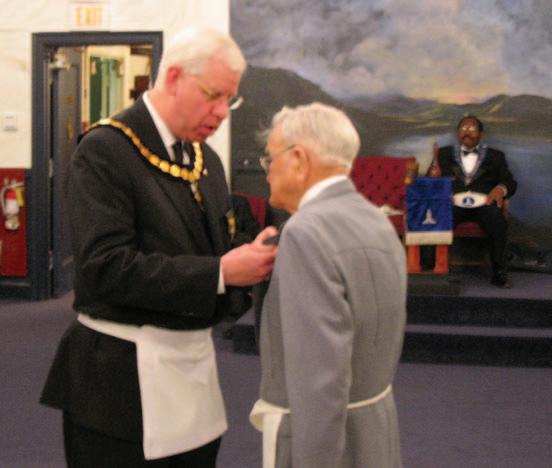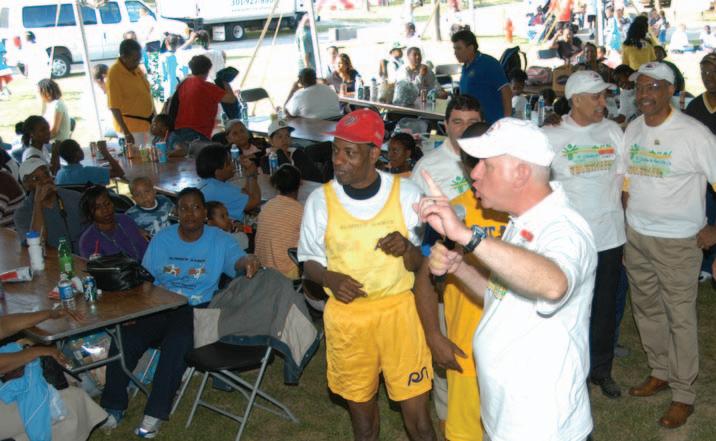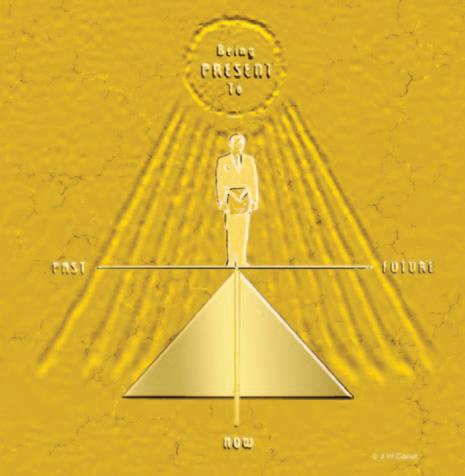
3 minute read
Grand Master’s Testimonial
The testimonial to Grand Master Albert McNair Smith, sponsored by East Gate Lodge No. 34, was held on Saturday, June 10, 2006, at the National Museum of Women in the Arts, a building that was the home of our Grand Lodge for most of the past century. Erected by D.C. Masons, its cornerstone was laid on June 8, 1907 by Grand Master Francis J. Woodman; it was dedicated on September 19, 1908 by Grand Master Augustus B. Coolidge; and closed, as a Masonic Temple, on January 20, 1983 by Grand Master Donald L. Mallorey.
The testimonial, offered in conjunction with the annual celebration of universal brotherhood by the lodges of D.C., brought to a conclusion several days of Masonic activity in which local lodges hosted a number of interesting programs and associated activities. A large number of Masons, local and worldwide, shared a program rich in Masonic and non-Masonic offerings, including city tours and visits to city landmarks and the George Washington Masonic National Memorial in Alexandria.
For many participants in the various activities planned, including a significant number of local Masons, the testimonial dinner afforded an opportunity to see, first hand, where Masonry was nurtured, in the District of Columbia, for some 85 years. For a few others, more senior in the Craft, the testimonial undoubtedly generated a bit of nostalgia, as they thought about their pleasant Masonic experiences in an edifice which still displays unmistakable symbols of Masonic truth.
This building was begun after the incorporation of the Masonic Temple Association, an action authorized by Congress and approved by the President of the United States on April 15, 1899. By this act the corporation was given authorization to purchase a site and erect thereon a Masonic temple “whereby the mutual improvement of its members and the tenets and the educational, benevolent, and charitable work and purposes of the Order of Free and Accepted Masons and of bodies related thereto may be promoted and advanced.”
The site was secured and the cornerstone of the new temple was laid by Grand Master Francis J. Woodman on
Stewart W. Miner Grand Secretary Emeritus
June 8, 1907, in the presence of a host of presiding Grand Masters of other Grand Lodges, representatives of historic lodges in other jurisdictions, the members of lodges subordinate to the Grand Lodge of D.C., a large number of Senators, Congressmen, and Departmental heads, and most significantly, the President of the United States, Brother Theodore Roosevelt who, on completion of the cornerstone ceremony, addressed the assembled crowd as follows:
Most Worshipful Grand Master, Brethren, and Friends: It is a privilege and a pleasure to take part today in the dedication of the new temple. I am sure all of us must appreciate the courtesy of those brethren of other lodges which has rendered it possible to use on this occasion the Bible upon which the great first citizen of this republic, Washington, took the oath when he was made a Mason, and the implements which he used as a Mason in laying the cornerstone of the Capitol in this Capital City of the Nation. Surely there is no place, no other city in the Union, where there should be a fine Masonic Temple as here in Washington, for it is in a sense a national Temple, where Masons from every jurisdiction gather.
I have but one word to say to you, and that word must always be appropriate in any Masonic meeting where the name of Washington is mentioned. I ask each Mason, of each member, of each brother, that he shall remember ever that there is upon him a peculiar obligation to show himself in every respect a good citizen; for after all, the way in which he can best do his duty by the ancient order to which he belongs is by reflecting credit upon the order by the way in which he performs his duty as a citizen of the United States.
Let me also point out that it is well not to wait for times of unusual crisis before you become a good citizen. We are all of us aware of the temptation to think what a splendid and heroic part we would play if the times demanded it; while at the same time it is not always easy to do the workaday, humdrum duties of the moment.
continued on page 21



